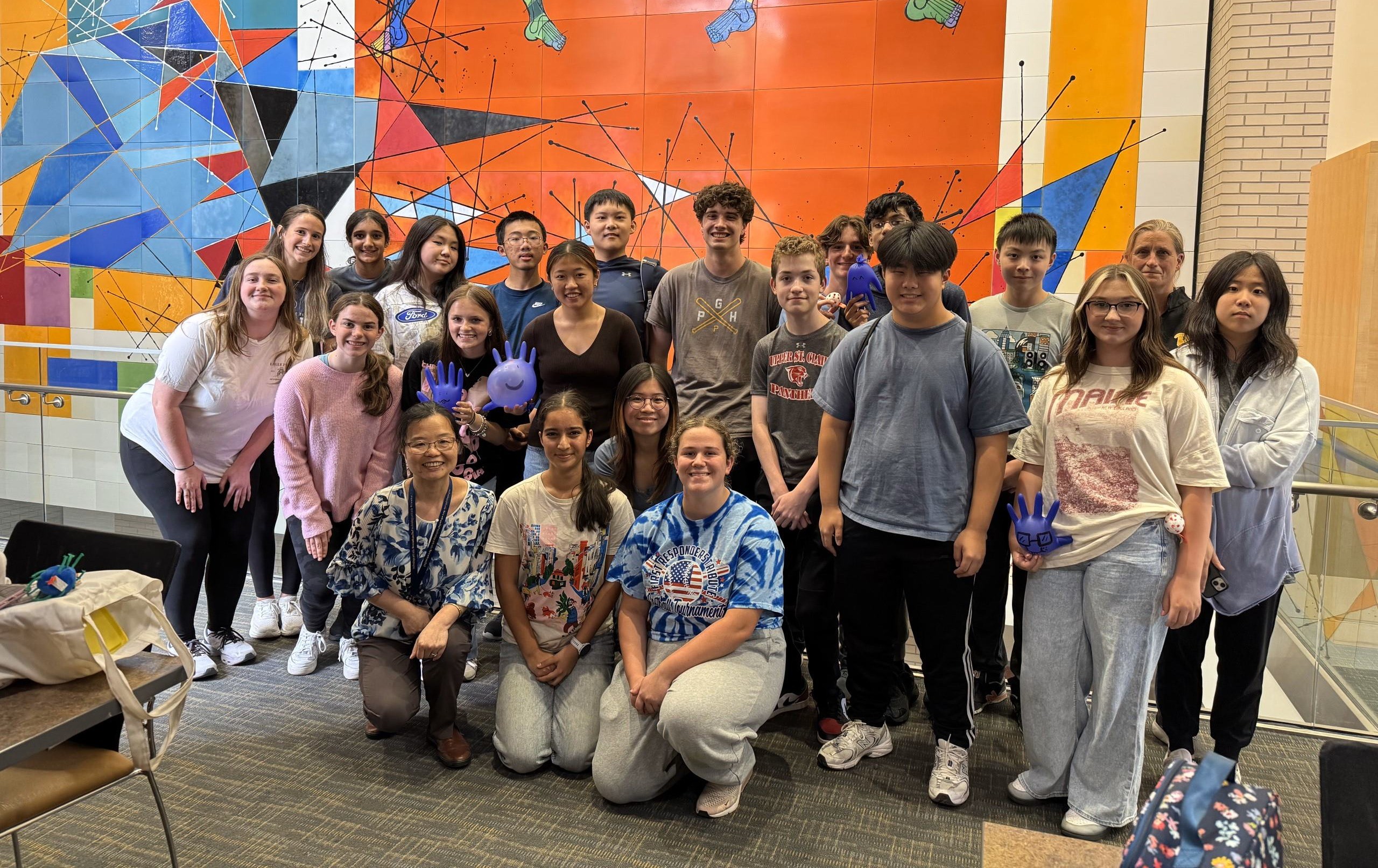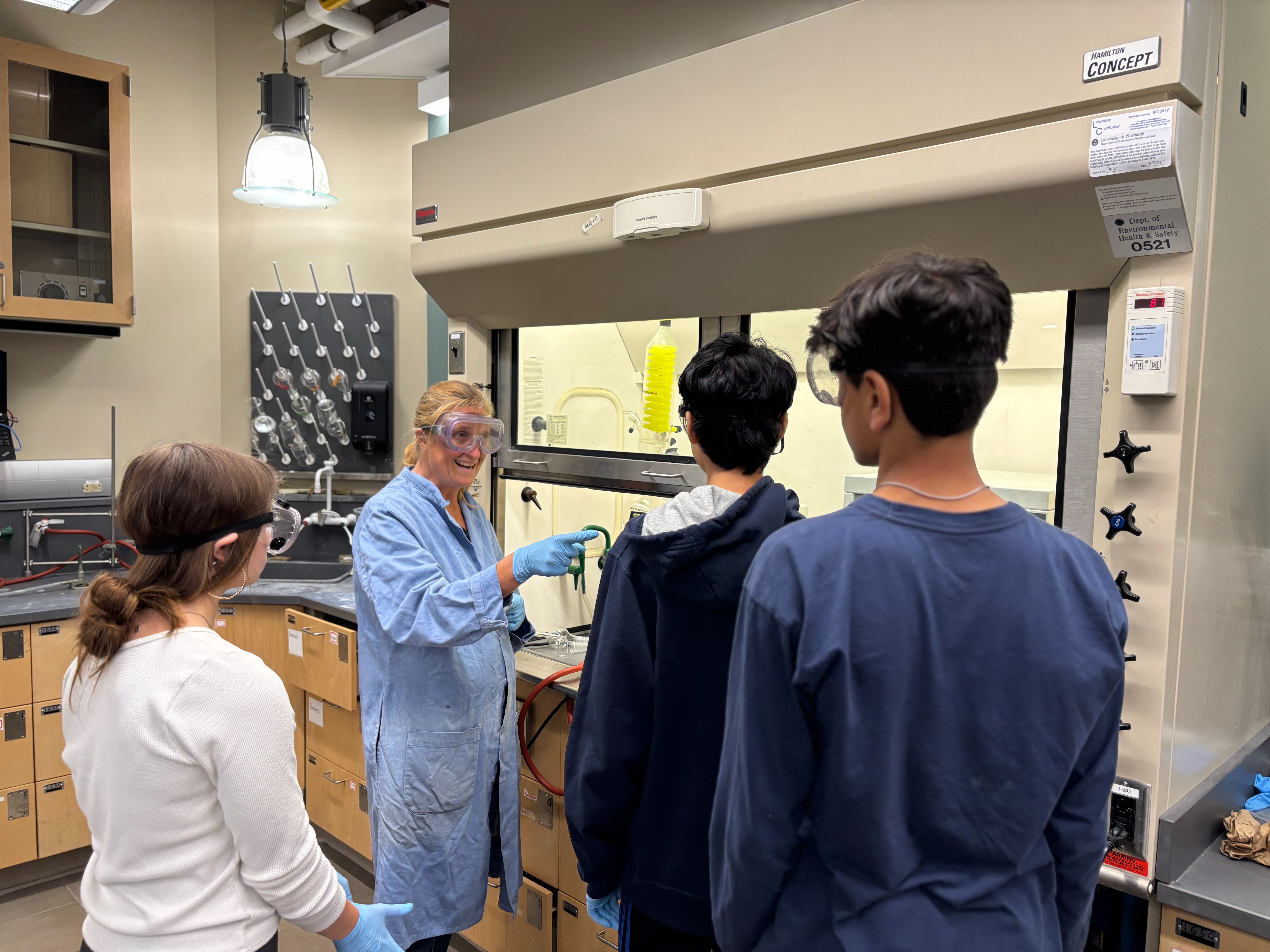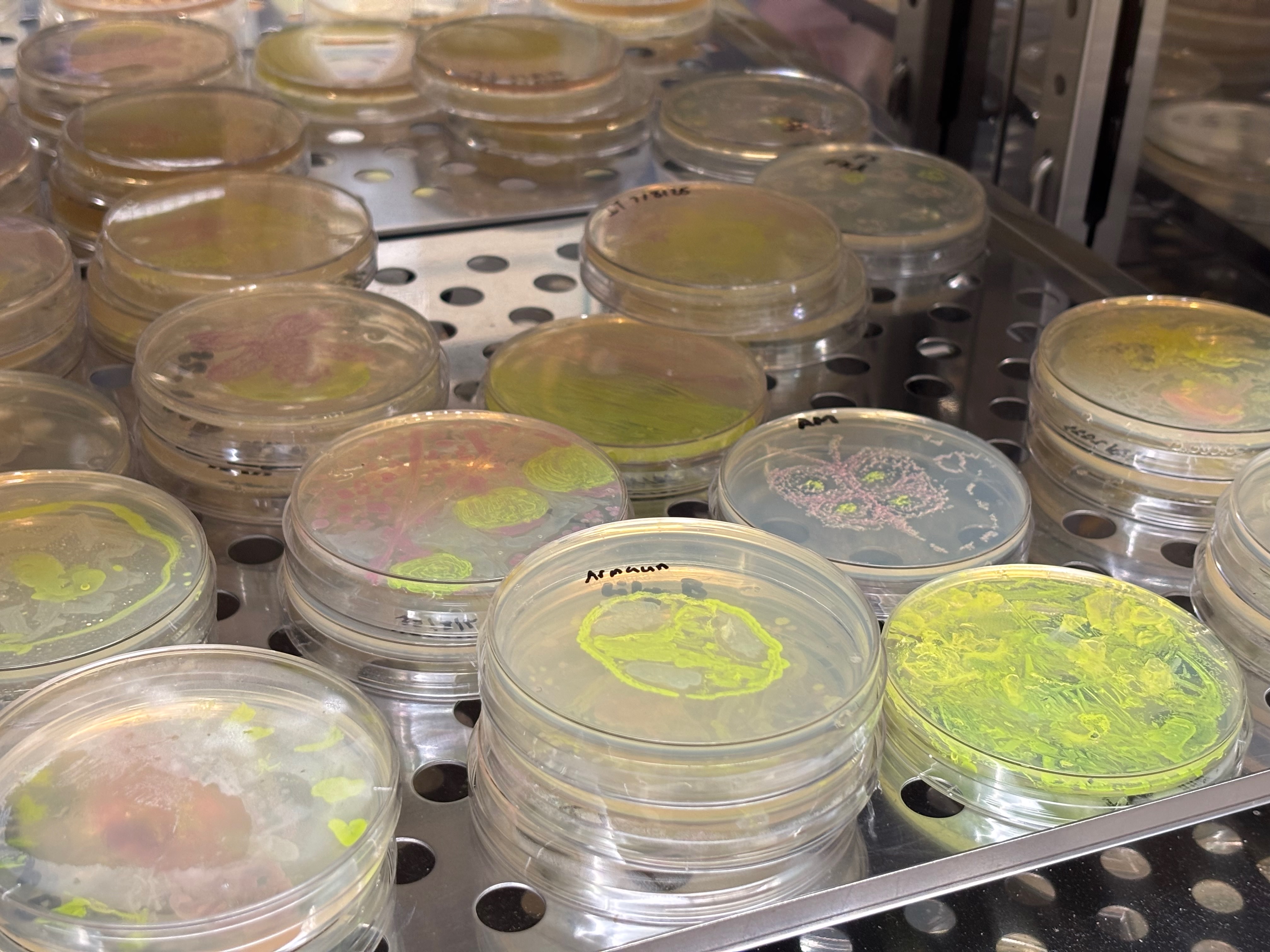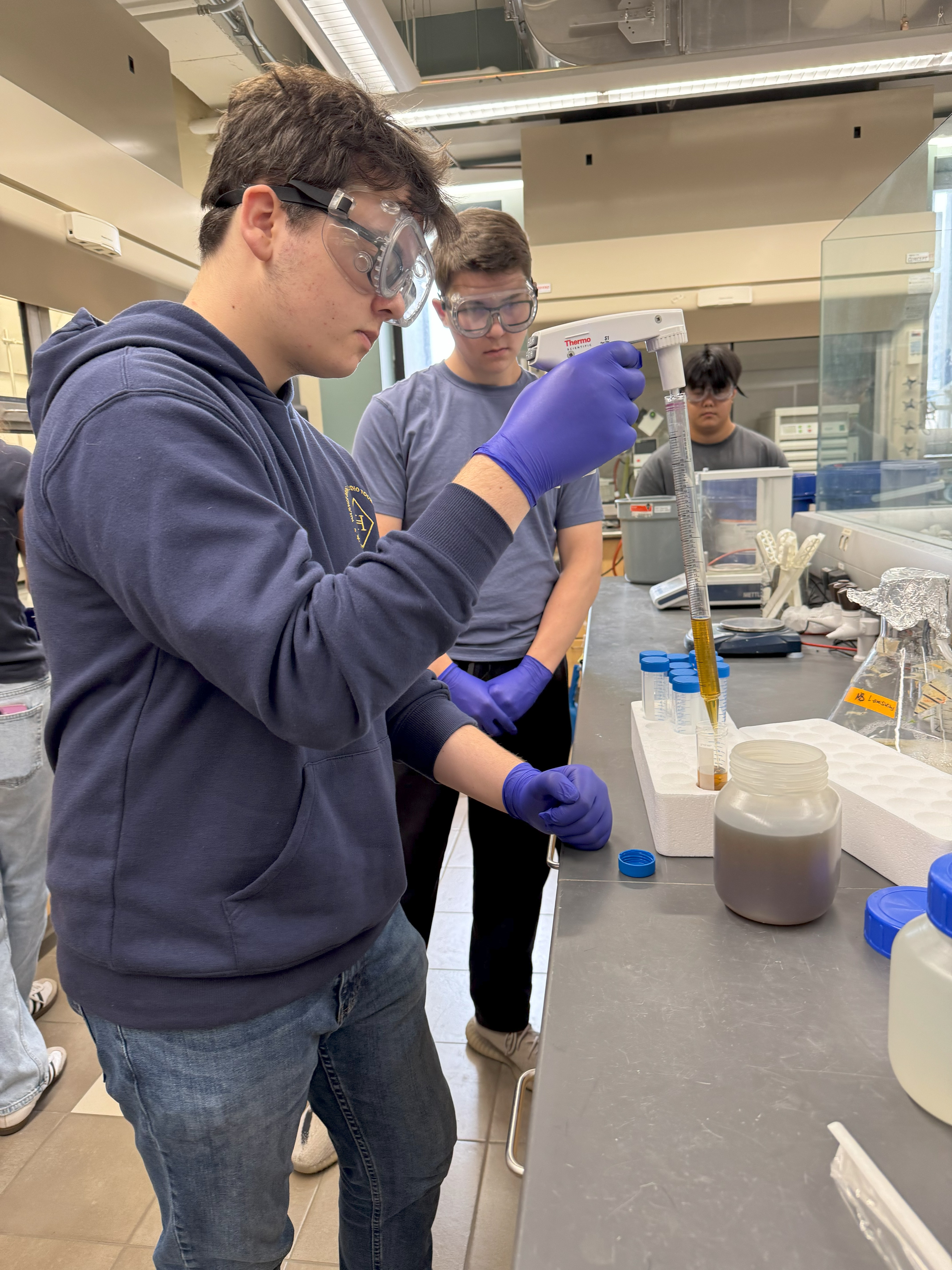Proselytizing POGIL education
Even though POGIL isn’t their own invention, Sean Garrett-Roe and Trisha Shepard have made it their own at Pitt. POGIlL—or Process Oriented Guided Inquiry Learning—-is an activity-based group-learning method for teaching chemistry created in 1994.
Garett-Roe and Shepard both feel it is important to teach students to think critically, rather than lecture them through a course until they understand the topic through brute force regurgitation.
“I want you to learn to believe your own thinking. That's actually the thing I want you to get out of this class,” Garett-Roe said. “I mean, sure, I love oxidation numbers and calculating moles of this and grams of that but that's actually not very important. If you can come up with ideas, if you can test your own ideas, if you can believe your own thoughts, if you can listen to what someone else is saying and think I agree or I disagree that's what’s important. And that’s your whole life.”
Currently, there are POGIL courses for both semesters of physical chemistry and the first semester of general chemistry, with progress being made to expand POGIL into other courses.
“We’re trying to work in the direction of gen chem and go from genchem 1 to genchem 2,” Shepard said. “We’re on the third edition of activities for genchem and we’re sharing the activities with other instructors across the country. And Dr. Laaser is working on POGIL activities for polymer chemistry.”
Assembling the Antibiotic Avengers
"It would be nice to run it again and have a couple of choices for them."
During a faculty meeting in May of 2024, Susan Maleckar and some of other faculty members were discussing how a lot of the teaching facilities are not used during the summer and how it would be nice to do a summer outreach committee for local high schools. By September of that year Maleckar was chair of a committee to develop a summer program for high school students interested in learning more about chemistry.
“We thought that the antibiotics lab would be a really interesting curriculum to offer. And so Dr. Lingfeng Liu put together a five day version of what she does in a normal term,” Maleckar says. “By spring, we had a website up and registration was open, and a curriculum was developed and a budget, and all of the things that you have to do to make it happen, and we had 28 students sign up and do the program.”
In all, students from nine local high schools signed up and took the program. The program welcomed anyone entering 10th grade or higher, with no prerequisites beyond an interest in science. Not only did they get hands-on experience with spectroscopy and biology techniques, they also heard from a number of professors and industry professionals about what majoring in chemistry is like.
“A lot of these students in the program are thinking about medicine, some of them are thinking about engineering, some of them are just thinking, ‘hey, I like all these science classes but I’m not really sure of anything else yet”’ Maleckar said. “I think that for a high school student, they would look at the list of majors and say, ‘well, I don't really know what's the difference between biochemistry and chemistry or neuroscience or microbiology.”
Maleckar said the experience was really positive for these kids, and that the demand is there to continue this program as well as offering other similar programs.
“The students that choose to do a summer lab program and commute into the city are highly motivated students. So we attracted some really, really good, high level students in the program,” Maleckar said. “We had people leaving at the end of the five days saying, ‘Are there any other programs here or elsewhere around the area that you could point me towards?’ And there's nothing I have to really offer. We need to think about this a lot, but it would be nice to run it again and have a couple of choices for them.”
that you could point me towards?’ And there's nothing I have to really offer. We need to think about this a lot, but it would be nice to run it again and have a couple of choices for them.”




